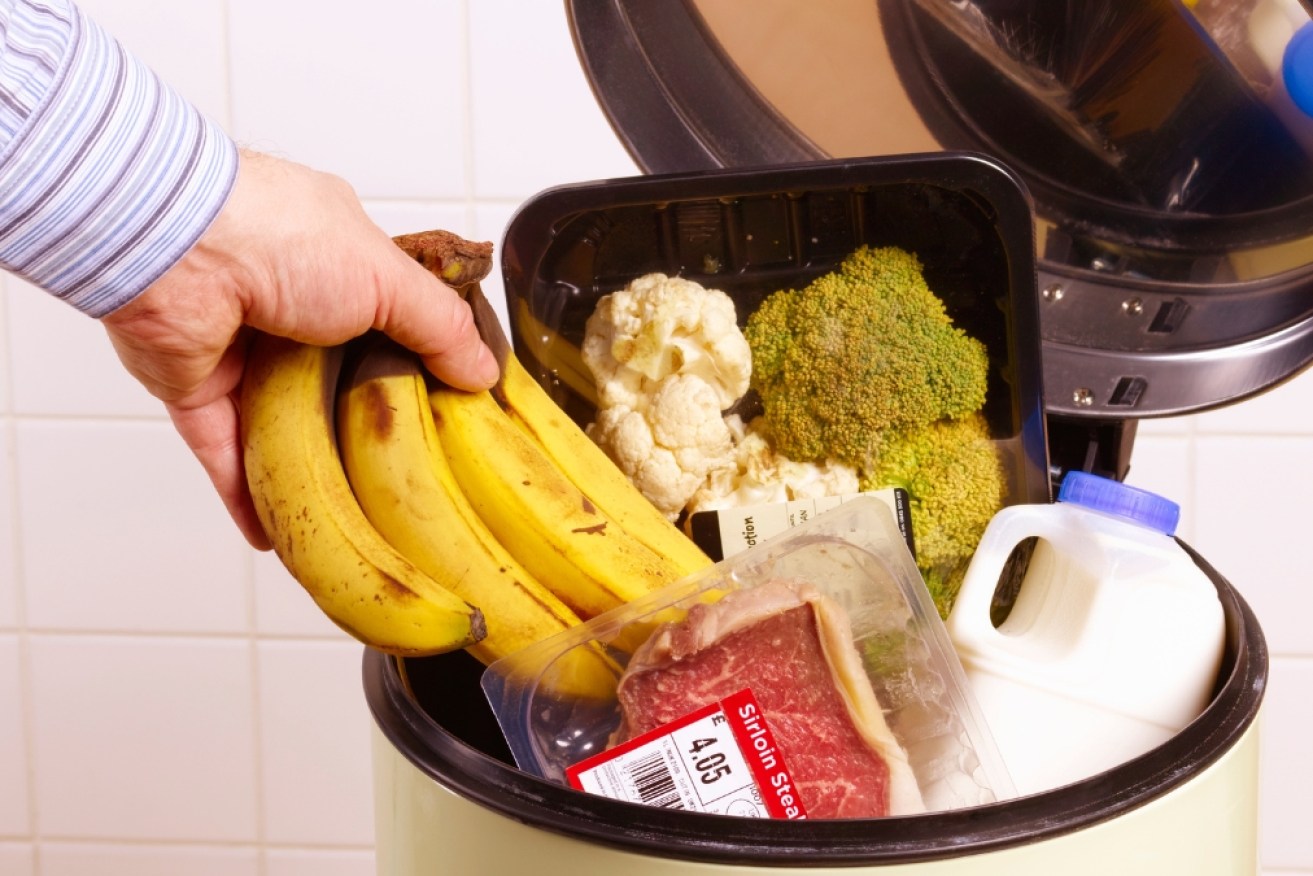Food waste: How to stop binning $2000 worth of groceries in 2024


Australians are throwing away thousands in uneaten food a year. Photo: Getty
Australians are being urged to audit their fridges and pantries amid fears the nation is behind the eight ball on plans to halve rates of food waste by the end of the decade.
Dr Gamithri Karunasena, a senior research fellow at Central Queensland University, says households are responsible for about half the dollar value of the 7.6 million tonnes of food the nation wastes each year – which equates to more than $2000 to the average family.
“It’s probably a decent family holiday you’re throwing away in the bin,” Karunasena said.
“Every bit of food we save is for our families – it’s not just about the planet.”
Household-level changes will be key to Australia achieving a halving of food waste by 2030, a target that was set by the federal government in 2017 but has some experts concerned.
Charles Darwin University senior lecturer Dr Susan Bird says Australia is unlikely to meet the target without a legislative crackdown regulating against food waste, something that research has backed in other countries such as France.
“Changing individual behaviour can be difficult, but this does not mean we should give up on trying,” Bird said.
“We all have a role to play. But if substantial inroads are to be made in reducing food waste, legislation would be a more effective way forward.”
Reducing food waste at home
In the meantime, there’s plenty that families can do to reduce food waste in their homes and save money in the process.
Financial adviser and On Your Own Two Feet founder Helen Baker said food waste is “one of the biggest” ways households can save money that many people don’t consider.
“Fifteen per cent of food is wasted. We need to find some smarter ways to manage that,” Baker said.
Karunasena’s research has shown that with some simple planning and organisation, families can drastically reduce the amount of food they waste.
She said families typically underestimate the amount of food they’re wasting and so the first step is to sit down and record all the food that’s going in – and out – of your kitchen weekly.
“The first step is getting that awareness that yes – you are wasting food,” Karunasena said.
“This is the period where we need to do that, because the cost of living is high.”
Meal planning
Once you have identified what you’re wasting in a typical week, Karunasena said the next step is to develop a meal plan that is both flexible and tailored to what your family actually needs.
“You think about the meal plan before you go shopping – check your fridge, freezer and cupboard and ask ‘What do I have excess of?’ and ‘What’s going to expire soon?’,” she said.
Karunasena’s research found that about 40 per cent of households get to this stage and then fail to stick to their plan, which can often lead to additional food waste.
The key is designing a plan that’s flexible, so that if someone isn’t going to be home one night or you accept an invitation from a friend to eat out the entire thing isn’t derailed.
One way to help with that is devoting one day in your plan to leftovers, Karunasena said, as that will give you the chance to use any food before it ends up in the garbage bin.
“I encourage households to have a ‘use me first’ area in their fridge and cupboard so everyone in the household knows what needs to be used first,” she explained.
“That prevents things getting lost.”
Cooking and storage
Then, of course, the next step is to think about what to actually put in your meal plan and how what you decide to cook can make it less likely that you have waste to throw away.
Among the most wasted foods in Australia, surprisingly, are cooked proteins such as steak and chicken, which Karunasena explained can easily be worked into a fried rice or curry dish.
Bread, another commonly wasted food, can have its life extended in the freezer, along with other often-wasted groceries such as pasta dishes and even some types of fruit.
“Use dates and labels on food when freezing,” Karunasena advised.








